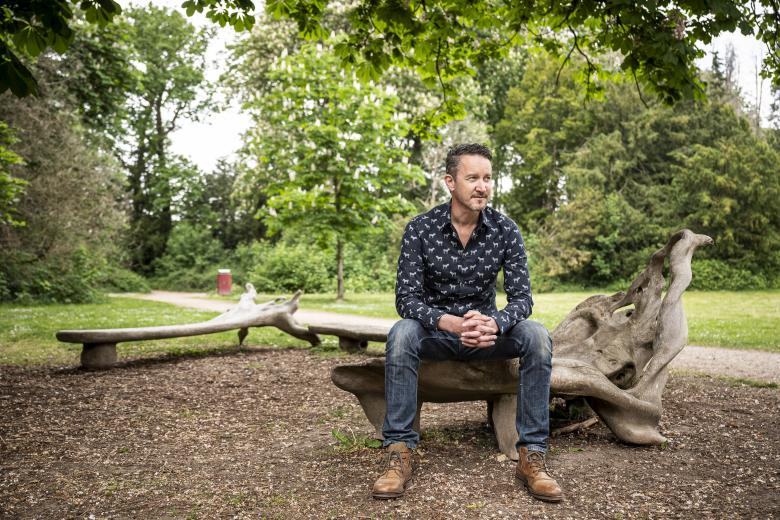Stock exchange companies must take more responsibility for negative externalities
Dutch listed companies must take responsibility for the negative effects that their business activities and supply chain have on people and the planet by aligning their business strategy much more than is currently the case with planetary boundaries. This not only concerns slowing down climate change, but also, for example, combating the loss of biodiversity and the need to think and act in a circular manner.
This is one of the recommendations in the research carried out on behalf of Eumedion by Maastricht University into the anchoring of sustainability within the Dutch stock exchange companies. Herewith are the 2020 annual reports of 35 Dutch listed companies reviewed and 97 directors, supervisory directors and senior management of these companies interviewed.
The research, led by Professor Rob Bauer of the Maastricht School of Business and Economics, shows, among other things, that the listed listed companies see sustainability more as an opportunity than a risk. There is generally little communication about sustainability risks, such as environmental damage, climate change and abuses in the supply chain. The researchers also recommend that the companies make their mission statement (purpose) more concrete and that the strategic objectives align with this.
The research also shows that the subject of sustainability is still barely anchored in the profiles for new supervisory directors. In addition, companies communicate little about any required sustainability competencies for directors. This while the management literature indicates that directors in particular have a major influence on the creation of a corporate culture that supports both the strategic-sustainable objectives and the financial performance of the company.
Finally, the researchers recommend professionalising and better structuring the dialogue with the various stakeholders (stakeholders), and reporting on this in more detail. According to the researchers, companies should provide stakeholders with much better information about due diligence, the reliability of the reported non-financial information, sustainability measures in the bonus programs and performance indicators with regard to waste, water and business travel.
According to Eumedion, the research provides a good 'picture' of the anchoring of sustainability within the Dutch listed companies. It is positive that many companies already have concrete have included sustainability goals in their strategy that they want to account for and could be. Moreover, they see plenty of opportunities to earn money with sustainability. At the same time, companies generally still pay too little attention to the addressing the environmental and social externalities of their business activities. They make with in particular, there is still little work to be done on the transition to a circular economy and on the protection and restoration of biodiversity. In addition, the subject of sustainability is still too little explicit anchored in the diversity and competence matrices for directors and supervisory directors. The UM researchers make good and practical recommendations in these areas, which Eumedion embraces.
Also read
-
Working less affects pension accrual
If you start working less, it will also affect pension accrual. You will have less to spend after you retire. Employees do not give this enough thought.
-
Fossil subsidies undermine climate policy
Fossil subsidies undermine climate policy, says Patrick Huntjens and other colleagues in an opinion article.
-
Obligation for energy label C for offices seems to have desired effect
Obligation for energy label C for offices seems to have desired effect